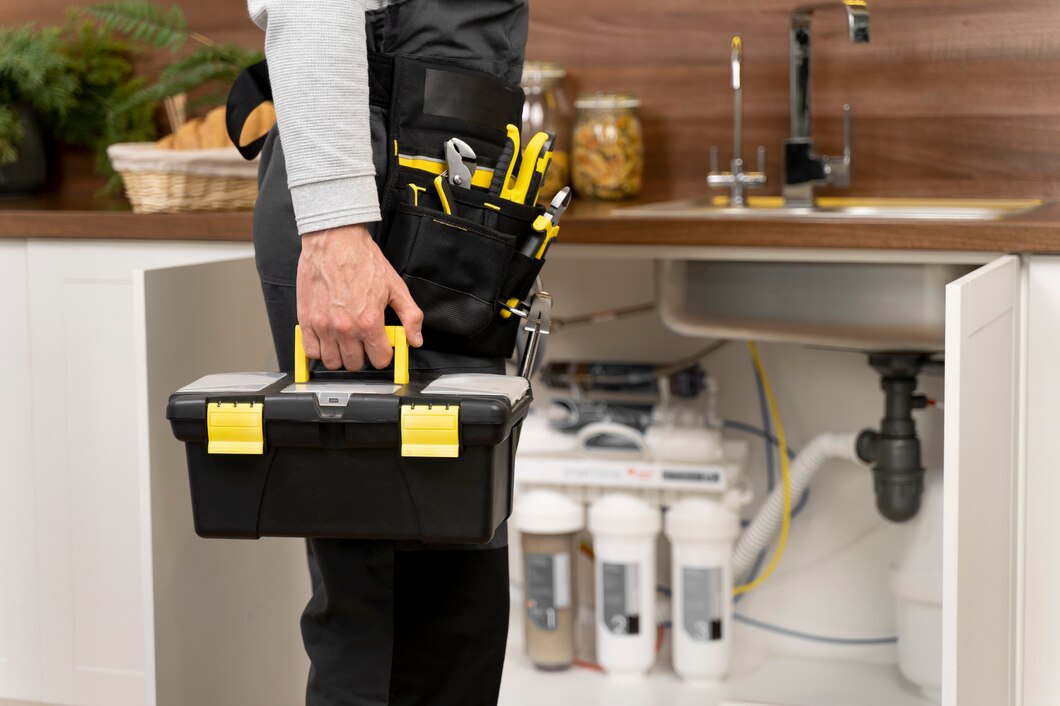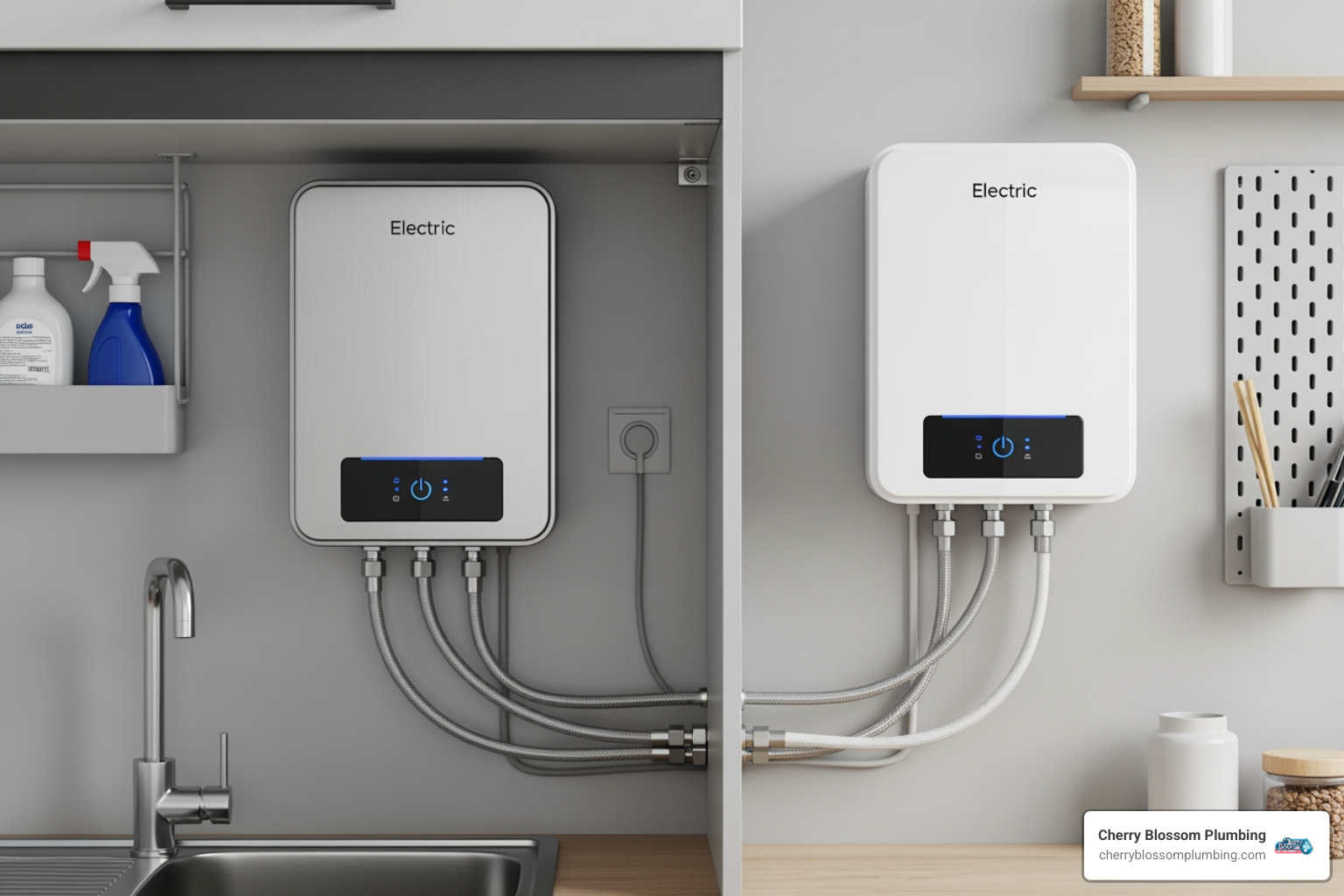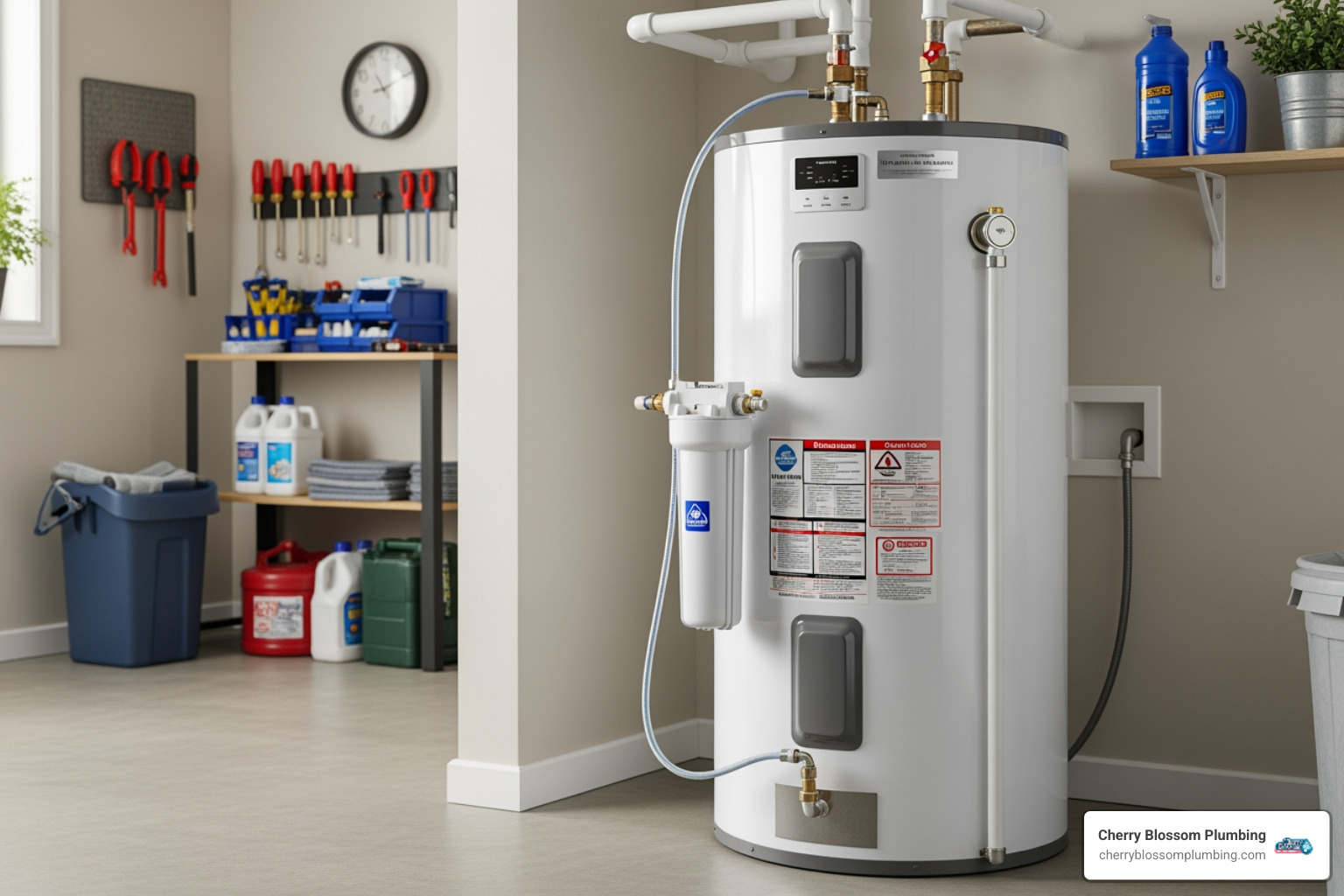
Slab leaks pose a significant risk to the structural integrity of homes, and understanding the complexities behind them is crucial in safeguarding your living spaces against potential damage. These leaks occur beneath the concrete foundation of your home, often unseen, steadily causing deterioration that, if unchecked, leads to more severe consequences. We delve into the essential aspects of slab leaks: their causes, early detection methods, and preventive measures to help you keep your home safe and sound.
With years of experience, we’ve come to recognize the subtle yet telling signs that herald the presence of a slab leak. Our professional insight is geared toward not only identifying the issue but also providing comprehensive solutions tailored to the unique conditions of each home. Recognizing the symptoms early can mean the difference between minor repairs and extensive, costly renovations. Here, we will guide you through recognizing these critical signs and taking proactive steps to prevent potential slab leaks, ensuring the longevity and safety of your home's foundation.
What Causes Slab Leaks? Identifying the Key Factors
Slab leaks originate from several sources, and understanding these can greatly help in preemptive measures. One primary cause of slab leaks is the natural wear and tear of plumbing materials. Over time, pipes made from copper or galvanized steel, commonly found under slabs, can corrode due to chemical interactions with soil and water. This corrosion weakens the pipes, leading to small fissures or complete ruptures. Another contributing factor is the shifting of the ground. Homes especially in areas susceptible to earth movements can experience shifting that puts undue stress on rigid plumbing pipes, leading to breaks.
Furthermore, poorly installed or low-quality plumbing systems significantly increase the risk of slab leaks. During initial construction, if pipes are not laid correctly, or if they are exposed to sharp rocks or irregular surfaces, it can lead to immediate or eventual damage. It’s vital for homeowners to ensure that plumbing installations meet high standards of quality and that they consult professionals who understand the intricacies of installing pipes under a slab.
Early Detection: Signs and Symptoms of a Slab Leak
Detecting a slab leak early can save homeowners significant repair costs and structural damage. One of the most noticeable signs is an unexpected increase in water bills. If you observe that your usage hasn’t changed but the bill has spiked, it might indicate a hidden leak. Another symptom is the sound of running water when all water sources are turned off. If you hear this within your home, it’s advisable to contact us for an immediate inspection.
Physical indicators include damp spots on your floors, mildew, or in more severe cases, the presence of water pooling where it shouldn’t be. Additionally, if parts of the floor are suddenly warmer or if you notice cracks in the walls or flooring, these could be direct signs of water damage from a slab leak. Homeowners should also watch for reduced water pressure, as this could suggest a breach in the water lines. Recognizing these signs promptly and contacting trained professionals can prevent the escalation of damage, ensuring your home remains safe and intact.
Preventative Measures to Avoid Slab Leak Damage
Preventing slab leaks is crucial to maintaining the structural integrity of your home and avoiding costly repairs. We understand that the key to effective prevention lies in routine maintenance and awareness of the conditions that contribute to slab leaks. First and foremost, it's essential to monitor the water pressure in your home regularly. Excessive water pressure can strain pipes, leading to leaks over time. Investing in a pressure regulator can provide an easy remedy to this potential hazard.
Additionally, the quality of the water running through your pipes significantly influences their longevity. Hard water, rich in minerals like calcium and magnesium, can accelerate pipe corrosion. Installing a water softener in your home can mitigate this risk, protecting your plumbing system from the damaging effects of mineral buildup. Annual plumbing inspections also play a vital role in slab leak prevention. Our team uses advanced diagnostic tools to detect vulnerabilities before they evolve into significant issues, providing you with peace of mind and safeguarding your home from unforeseen damages.
Slab Leak Repair Options: Techniques and Technologies
When a slab leak is detected, prompt and efficient repair is paramount. We offer a variety of repair options tailored to the specific condition of your plumbing system. One common method involves epoxy pipe lining, which allows us to seal leaks without invasive procedures that can disrupt your daily life. This technique involves inserting an epoxy-coated liner into the damaged pipe, which then hardens and seals any leaks, reinforcing the pipe structure.
For more severe damage, pipe re-routing may be necessary. This process involves replacing the entire damaged section of piping and rerouting it, possibly through less invasive areas of your home to minimize future risks. We employ the latest technologies, including digital imaging and ultrasonic tools, to precisely locate leaks and determine the optimal repair strategy. Our state-of-the-art equipment ensures that repairs are not only effective but also as non-intrusive as possible, preserving your property's integrity and comfort.
Conclusion
Dealing with slab leaks requires a proactive approach to detection, prevention, and repair. By entrusting your home to our experienced professionals, you ensure that significant problems will be handled efficiently and effectively. If you suspect a slab leak or want to learn more about protecting your home, don't hesitate to reach out to us at Cherry Blossom Plumbing. Our team is here to provide expert guidance and high-quality service, ensuring your home remains safe and secure. Contact our plumber in Alexandria today for a comprehensive slab leak assessment and enjoy the peace of mind that comes with professional expertise.
Customer Testimonials
Cherry Blossom Plumbing has consistently provided top-notch service, ensuring every issue is resolved efficiently and professionally.







